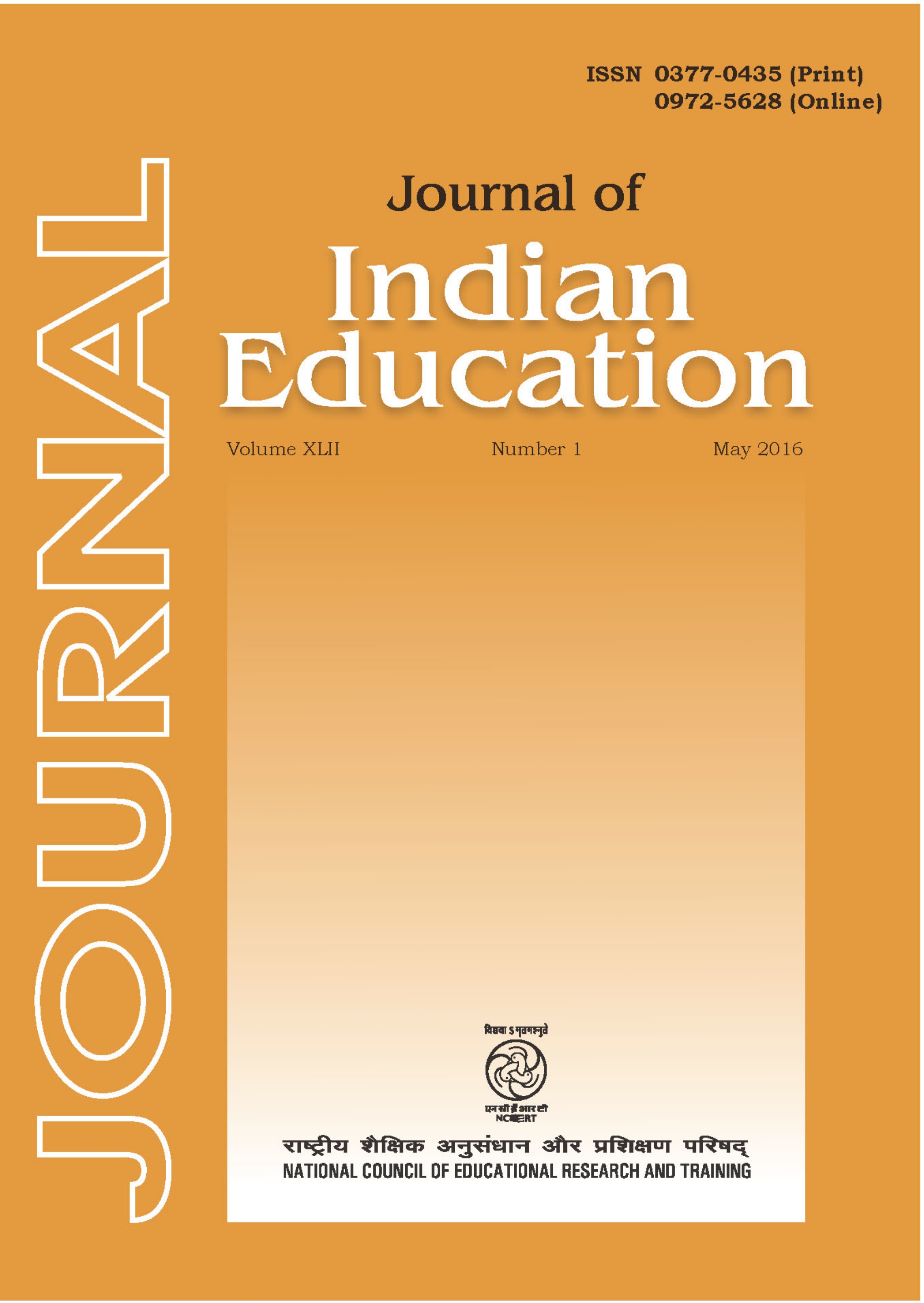Published 2024-12-13
Keywords
- Science Education,
- Educational Policy
How to Cite
Abstract
Science is a systematic process of understanding nature and the dynamic relationship between human and nature, and Science education aims to help learners understand this process by acquiring certain types of knowledge, skills and thinking abilities. It is imperative to investigate — are classrooms providing students opportunities to achieve the aims of Science education? The present study attempted to answer pertinent research questions — “What do teachers regard as the most important purpose of Science teaching? How does this understanding translate in classroom practices? How is Science teaching in classrooms aligned with the goals of Science education in 21st century?” The paper presents critical analysis of teaching-learning practices followed in the classrooms, and evaluates potential of these practices in fostering thinking abilities among students. Questionnaire based survey and focus group discussion were used to collect information from a sample of Science teachers. There is evidence that knowledge-transfer methods promoting rote memorisation are prevalent in most of the classrooms, whereas thinking abilities find the central place in educational policy documents of 21st century. Probably a strong linkage exists between the notion of Science as a body of knowledge and non-child-centric classroom practices. There was negligible indication of practices to stimulate students’ thinking and inculcate scientific attitude. To accomplish the purpose of Science teaching at school level, classroom practices need to be radically changed in a manner that matches the way “scientists work and think”. The paper also recommends and discusses some innovative teaching-learning practices and other system-related changes, as potential measures to improve the quality of Science learning.

